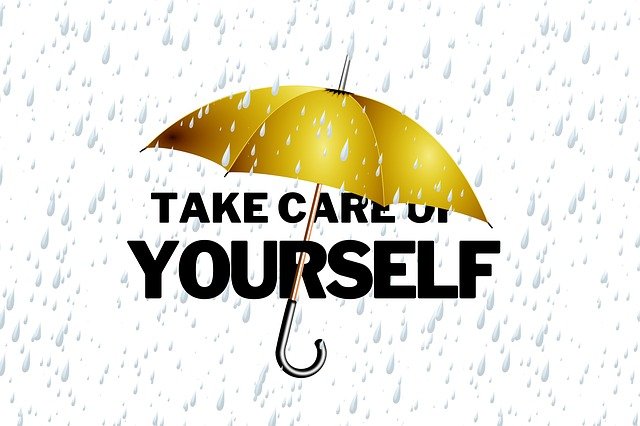Defending The Prostate and Supporting The "Front Line" of Men's Health
Date:2022-06-17 click:0
Every October 28th is the "World Men's Health Day," and the theme of this year in my country is "Healthy China to protect together men's health science popularization." In the 21st century, andrological diseases are increasing at an annual rate of 3% and have become the third-largest disease threatening men's health. In men's health, the prostate, as a male-specific gonadal organ, has an increasing incidence.

What is prostatitis?
The symptoms of prostatitis are frequent urination, urgency, dysuria, incontinence, waiting for urination, hematuria, with a bit of white fluid dripping in the early stage, and pain in the abdomen, perineum, or rectum.
If you do not pay attention to maintenance at ordinary times or if you do not seek medical attention at a time when the above symptoms occur, the harm caused by it should not be underestimated. In addition, due to long-term difficulty in urination and other reasons, patients will increase abdominal pressure to help urination, which may lead to hemorrhoids, prolapse of the anus, hernia, and other diseases.
If a man has prostatitis, he must take treatment measures as soon as possible to prevent the aggravation of the condition so as not to affect his health. Drugs for the treatment of prostatitis are mainly based on bacterial cultivation and drug susceptibility test results. Commonly used antibiotics include levofloxacin, azithromycin, and doxycycline.
When some patients have used the antibiotics, their treatment effect is not very obvious; they can use the Herbal Diuretic and Anti-inflammatory Pill. It not only eliminates the symptoms of the disease but also eliminates the root cause of the disease and solves the recurrence drawback of the traditional antibiotic treatment mode due to incomplete sterilization.
If you do not pay attention to maintenance at ordinary times or if you do not seek medical attention immediately when the above symptoms occur, there are many harms caused by it. In addition, due to long-term difficulty in urination and other reasons, patients will increase abdominal pressure to help urination, which may lead to hemorrhoids, prolapse of the anus, hernia, and other diseases.
In addition, patients with underlying cardiovascular and cerebrovascular diseases will also increase the risk of acute attacks of underlying conditions due to frequent waking up at night. Therefore, the harm of prostatic hyperplasia is considerable, do not ignore it!
In daily life, males how to 'maintain' the prostate?
Prostatitis precautions:
First, understanding the relevant knowledge of the disease, such as the anatomy, pathology, and physiology of the prostate, as well as the etiology, clinical manifestations, treatment methods and effects of prostatitis, and the reasons why it is easy to delay recurrence so that patients can understand that prostatitis is a common disease. Disease, not life-threatening, does not affect the function of essential organs. Some patients resolve spontaneously, but not all patients require treatment.
Second, cultivating good living and working habits, we need to pay attention to the risk factors that induce and maintain chronic prostatitis symptoms, such as abstaining from alcohol, avoiding spicy food, avoiding prolonged sitting, drinking more water, living regularly, and not staying up late.
Deliberately holding back urine, controlling delayed ejaculation, warming the lower abdomen, relieving stress and tension, strengthening physical exercise, etc., are also the risk factors.
Third, in terms of psychological counseling, patients with prostatitis often have anxiety and may have symptoms of depression. Therefore, they need to communicate with doctors more to conduct psychological counseling and resolution; if necessary, they can be treated by psychiatric specialists.
Fourth, to adhere to standardized treatment, it is necessary to obey the doctor's orders, which is very important and necessary. The treatment goals of chronic prostatitis are mainly to relieve pain, improve urination symptoms, and improve quality of life. The treatment cycle of chronic prostatitis is relatively long, so you should be patient, insist on treatment, and not change the treatment plan casually.
You may also be interested in:



